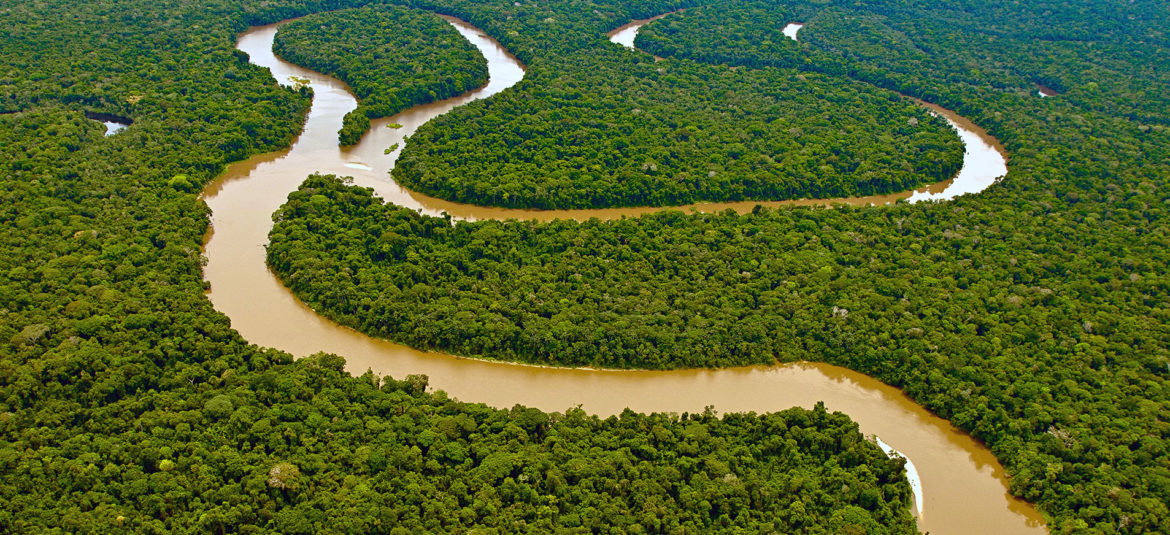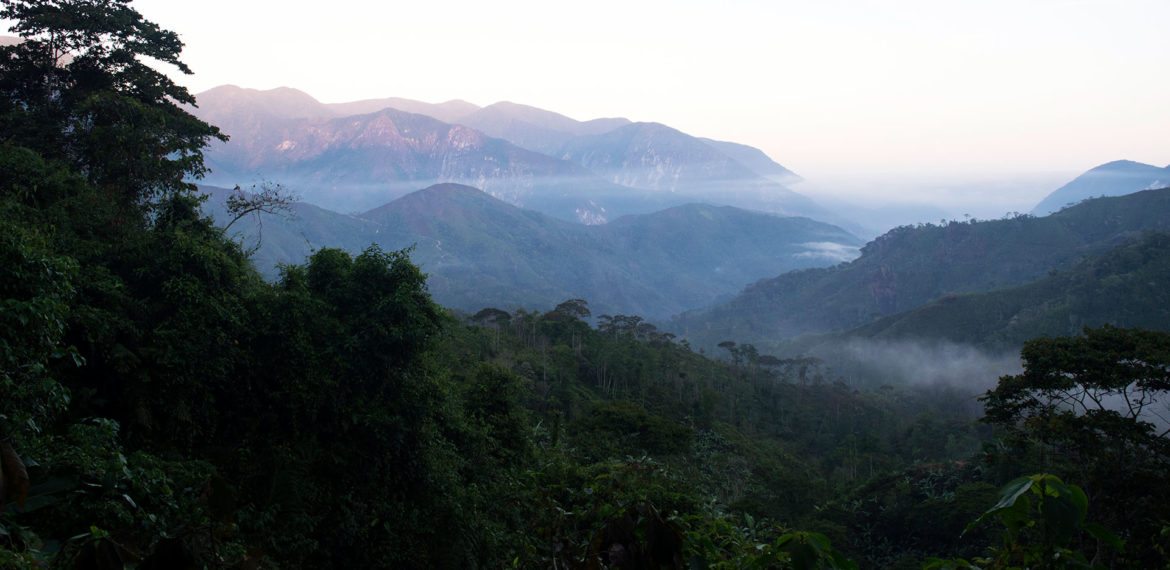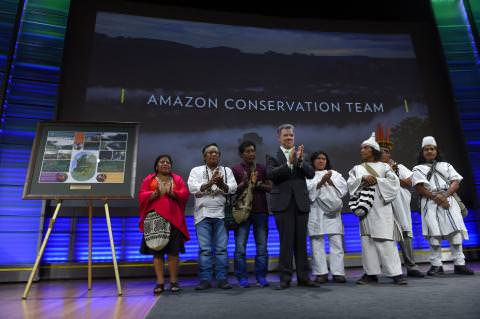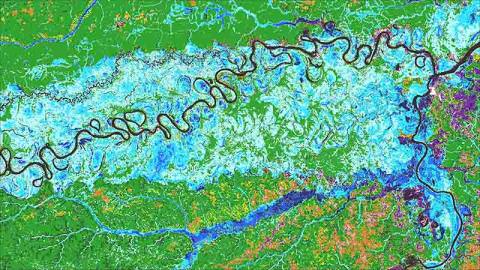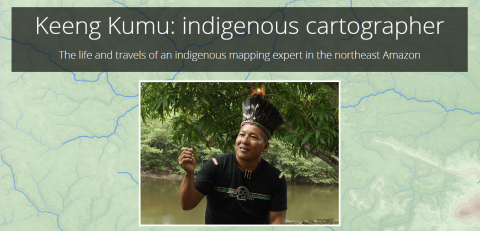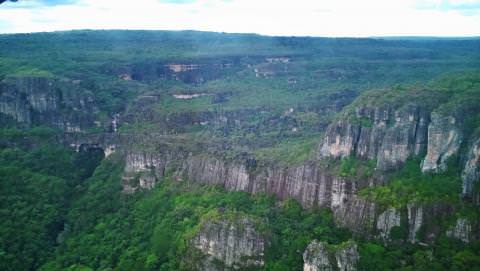News Releases
The River School: Indigenous Communities Learning & Working Together for the Protection of Key Ecosystems in Colombia
Throughout ACT’s more than 20 years of conservation and indigenous rights work in South America, one of the greatest challenges…
Continue »Colombian Government Signs Decree Recognizing the Ancestral Territory of the Indigenous Communities of the Sierra Nevada de Santa Marta
On August 6, Colombian President Juan Manuel Santos signed a decree that recognizes the ancestral territory of the indigenous communities…
Continue »On July 17, 2018, the Colombian government approved a landmark national public policy for the protection of isolated indigenous groups. The policy was developed in a collaboration led by the Colombian Ministry of the Interior with the participation of governmental entities and local and regional indigenous organizations, supported by technical and legal assistance from the nonprofit Amazon Conservation Team (ACT). his groundbreaking national public policy was the first in the Amazon region directly led by the grassroots efforts of neighboring indigenous communities and indigenous organizations undergoing a process of free prior informed consent according to international regulations, thus resulting in an unprecedented integration of traditional spiritual worldviews in modern environmental protection strategies.
Continue »On September 21, 2017, in the company of indigenous leaders and ACT staff, Colombian President Juan Manuel Santos was honored at the National Geographic Society for his special leadership in environmental conservation and his commitment to the preservation of biodiversity.
Continue »Monitoring the Colombian Amazon with Radar
In order to provide a baseline for the observation and study of the Colombian Amazon, particularly with regard to water and deforestation monitoring, ACT and the Dutch research unit SarVision have created a groundbreaking vegetation structure map of the Colombian Amazon.
Continue »The life and travels of an indigenous mapping expert
The Amazon Conservation Team relies on our indigenous partners to accomplish the work of protecting South America’s forests. See how the mapping of ancestral lands in collaboration with indigenous people is central to our conservation work, in our latest interactive story map.
Continue »The Heart of the Amazon Has Nearly Been Rescued
With the expansions of two indigenous reserves, the Chiribiquete National Park and the Predio Putumayo indigenous reserve have been connected. Together, they total 10 million hectares.
Continue »On July 12, 2017, the Colombian National Land Agency approved the expansions of the Puerto Sábalo Los Monos Indigenous Reserve by 413,110 hectares and of the Monochoa Indigenous Reserve by 154,790 hectares. The twin expansions effectively connect the largest national park in the country, the Chiribiquete National Park, with the largest reserve, the Predio Putumayo Indigenous Reserve, creating a vast conservation corridor in the Amazon region linking near 10 million hectares of protected lands.
Continue »This report has two objectives: 1) Illustrate the major deforestation hotspots in the Colombian Amazon between 2001 and 2015 and 2) Focus in on one of the most important hotspots, located in the Caquetá department.
Continue »A Sweet Future for Southern Suriname (video)
Last year, in the rainforests of Suriname, ACT commenced a sustainable stingless beekeeping initiative with indigenous and Maroon communities. Through this project, ACT is promoting sustainable and organic honey harvesting, preserving the forest habitat of bees, strengthening traditional knowledge and enhancing alternative livelihood opportunities in remote communities.
Continue »

